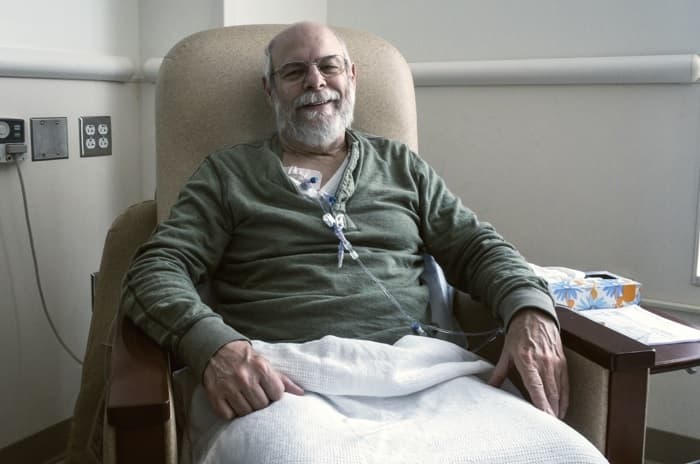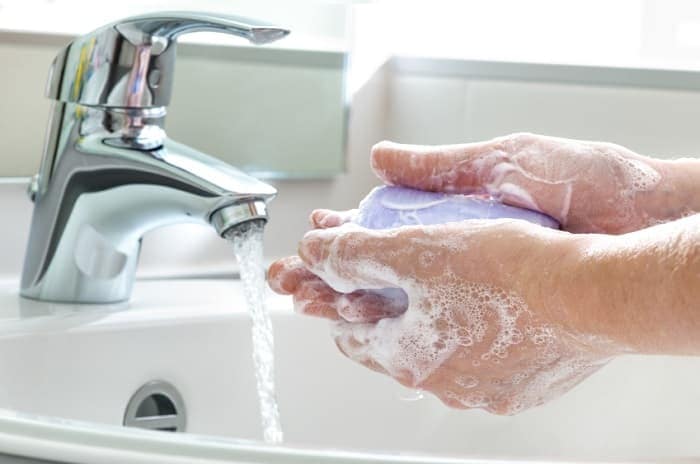Information for Patients and Caregivers

People with cancer who are treated with chemotherapy are more likely to get infections because of their weakened immune system.
People with cancer who are treated with chemotherapy are more likely to get infections because of their weakened immune system. Cancer and chemotherapy can damage your immune system, reducing your numbers of infection-fighting white blood cells and making it harder for your body to fight infections.
An infection can also lead to sepsis, the body’s extreme response to an infection. It is a life-threatening medical emergency.
What Is an Infection?
You get an infection when germs enter your body and multiply, causing illness, organ and tissue damage, or disease. Bacteria and viruses cause infections.
- You can get bacteria from the air, water, soil, or food during the course of your medical treatment. Most bacteria come from your own body. Common bacterial infections include pneumonia, bronchitis, and ear infections.
- Viruses are passed from one person to another. Common viral infections include the common cold, herpes, and the flu.
How Does Chemotherapy Increase My Risk for Getting an Infection?

What Should I Do If I Think I Have an Infection?
Call your doctor right away, even if this happens in the middle of the night. This is considered an emergency. Don’t wait until morning. Keep your doctor’s phone numbers with you at all times. Make sure you know what number to call during your doctor’s office hours, as well as after hours.
What Can I Do to Protect Myself from an Infection?
Take your temperature any time you feel warm, flushed, chilled, or not well. Call your doctor right away if you have a temperature of 100.4ºF (38ºC) or higher.
Many diseases are spread by not cleaning your hands, which is especially dangerous when you’re getting chemotherapy treatment. Wash your hands often.
Infection during chemotherapy can lead to hospitalization or death. Call your doctor right away if you notice any of the signs and symptoms of an infection.
Your doctor or nurse will let you know exactly when your white blood cell count is likely to be at its lowest. You should carefully watch for signs and symptoms of infection during this time.

























.png)












No hay comentarios:
Publicar un comentario